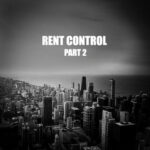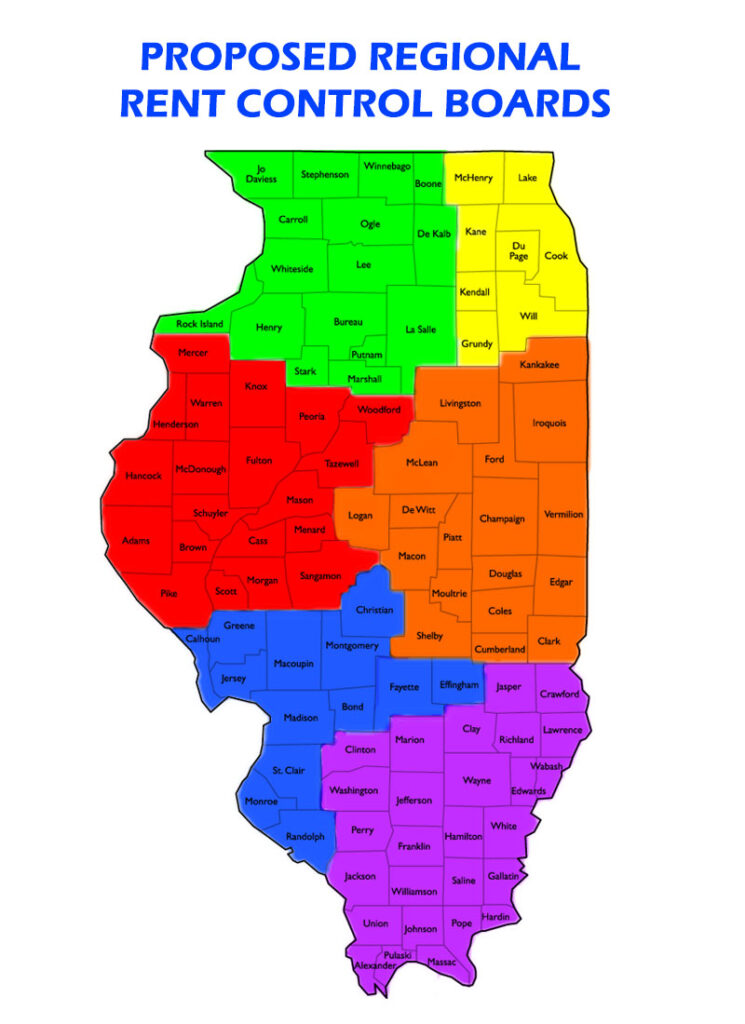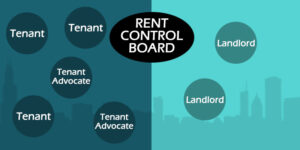 Digging a bit deeper
Digging a bit deeper
UPDATE: These provisions track with the newly introduced (Feb 9, 2019) House Bill 2192 introduced by State Representative Mary E. Flowers. Changes in the law have been highlighted below.
Today, we will get back to making an examination of the proposed text of SB3512 (Amended 5/30/18). I want to quickly note that this bill is no longer pending before the Illinois legislature as a new legislative session began on January 9, 2019, but I would be surprised if the law was not reintroduced. In this second part of our analysis, we will break down and examine sections 15 and 20.
Section 15 is entitled “Definitions” and it sets forth a number of defined terms that will be used elsewhere throughout the text of the Act. I’m not going to get into those here because any discussion we might have will be without proper context. Let’s just keep in mind that we will be regularly referring back to this section as we move forward through the text of the Act.
Section 20 is entitled “Establishment of Regional Rent Control Board; Membership”. Unlike the original proposal under SB3512 which created a county rent control board in each and every state, the revised version creates six “Regional Rent Control Boards”. I’ve broken down the geographic locations of those boards listed in section (a) of the Act on the map below.
 Next, in subsection (b), the law describes the composition of each Board. Boards will be filled with Members. Section 15 of the Act defines a Member as “an official elected to a Board”. So, our Board Members will need to run for office. The law goes on to say that each Board shall have seven Members comprised of the following:
Next, in subsection (b), the law describes the composition of each Board. Boards will be filled with Members. Section 15 of the Act defines a Member as “an official elected to a Board”. So, our Board Members will need to run for office. The law goes on to say that each Board shall have seven Members comprised of the following:
Three Members, each of whom is a Tenant residing in the region subject to regulation by the Board and whose household earns less than 120% of the Area Median Income;
Two Members, each of whom is a Landlord and own a Dwelling in the region subject to regulation by the Board; and
Two Members who are representatives of an organization that advocates for low-income Tenants in the region subject to regulation by the Board
So the seven person board will be made up of three tenants, two tenant’s rights advocacy organizations, and two landlords. What could be more fair?
 It looks a little lonely on the landlord side, no? I’m sure the tenants will be very fair in setting the rents and handling their expanded duties of overseeing the landlord tenant relationship in their region. I’m predicting a number of 5-2 votes going in the tenants’ favor. Ugh.
It looks a little lonely on the landlord side, no? I’m sure the tenants will be very fair in setting the rents and handling their expanded duties of overseeing the landlord tenant relationship in their region. I’m predicting a number of 5-2 votes going in the tenants’ favor. Ugh.
Subsection (c) of the law confirms, as we knew from the definitions, that the Board Members will be elected officials. They will be nominated in the same manner and form as required by general election law except that the position is non-partisan, so party affiliation cannot be on a nominating petition, the petition must contain the candidate’s residential address including county (required so that election officials can be sure that the candidate is eligible to run in the region controlled by the board), and stating which position the candidate is running for (ie. tenant, landlord, or tenant advocate).
Subsection (d) indicates that the 2019 2021 (Update: this now tracks with the newly proposed House Bill 2192) election would be the initial election of Board Members and that they would begin meeting within 21 days after the election. The terms of the Board members are to be staggered with three members serving a two year term and four members serving a four year term and thereafter, all board members would have a four year term. Board Members will also have term limits and cannot serve more than three consecutive terms.
If a Board Member moves out of the region or does not maintain any of the other requirements for being a member, or if a Member dies, resigns, fails to qualify, changes their residence, or changes their income level, then a new Member who meets the requirements will be appointed for the balance of the vacated Member’s term by a majority of the remaining Members.
UPDATE: New House Bill 2192 adds subsection (g) which exempts from service anyone in a home rule unit exempted under the law. This will allow a home rule City such as Chicago to impose even more restrictive rent control rules.
That’s the end of the story for now. We’ve established that there will be regional boards and how those boards will be filled and who they will be filled with. In our next installment, we will talk about the duties of the board and readers will get a better sense of how invasive and expansive this proposed legislation will be.

2 thoughts on “Breaking down the proposed Illinois Rent Control Act Part 2”
Comments are closed.